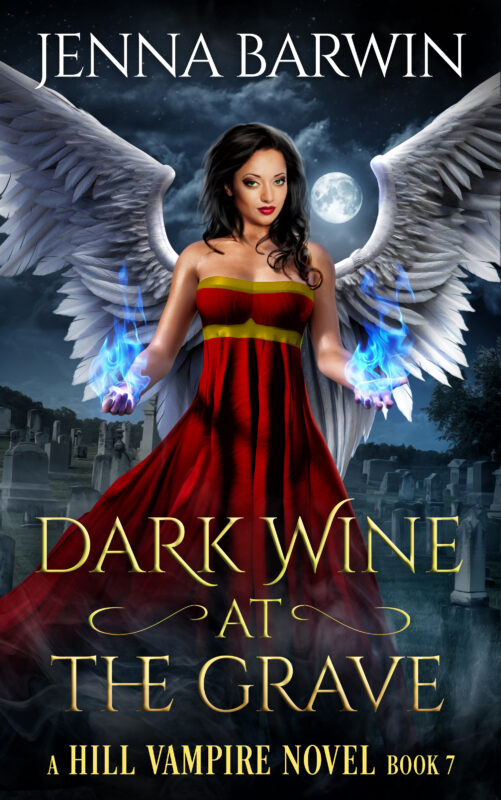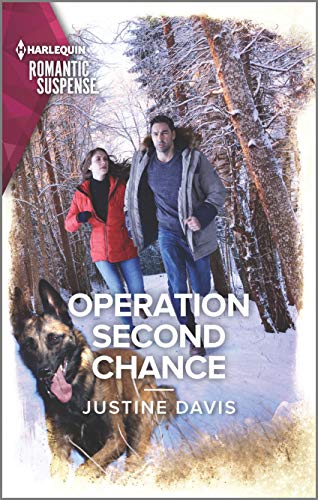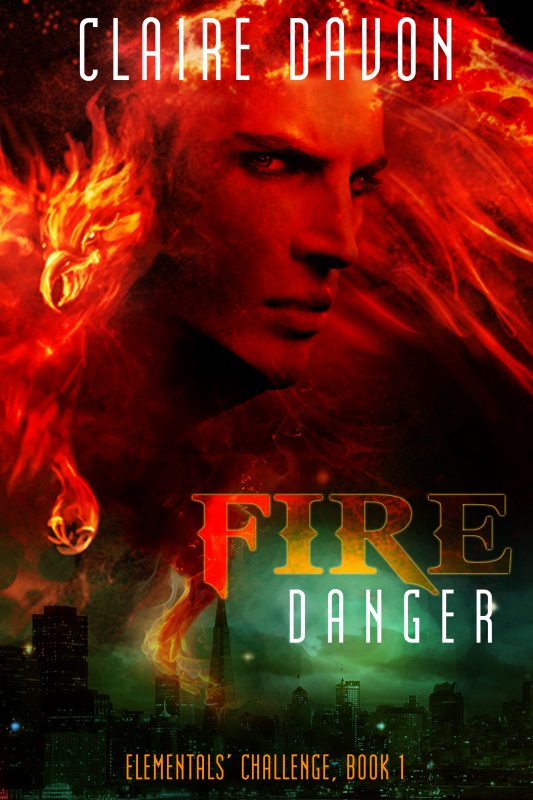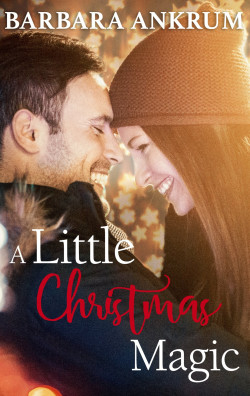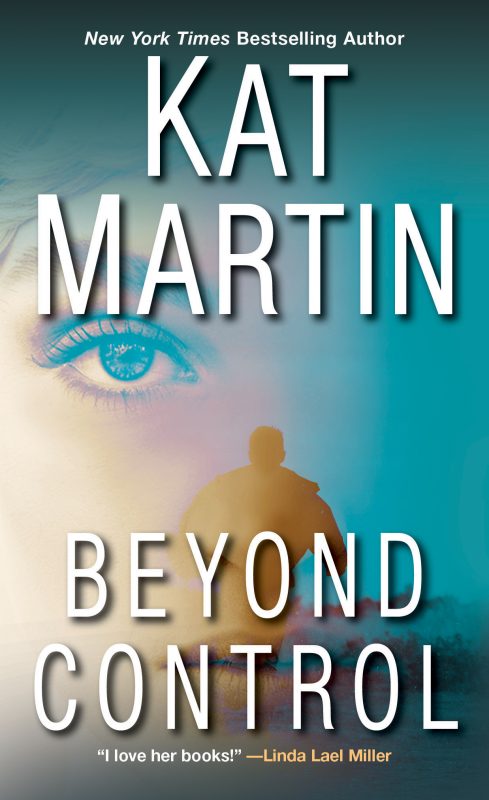
“You’ve got to pick up Chris Vogler’s The Writer’s Journey!†That’s what I tell any newbie who asks me for writing advice.
So when I found out I could see him at OCC’s Autumn Affaire, I was beyond thrilled. But excited as I was, I wondered what more could I possibly learn that I didn’t already learn in his book? His answers will surprise and fascinate you. You’ve got to go to Autumn Affaire!
Q – A long-time fan of The Writer’s Journey, I’m thrilled to have the chance to attend your workshop. What kind of information will we see in your workshop that we won’t find in your book?
A – These days I am interested in polarities, the way people tend to become polarized in relationships and stories tend to be split between poles of good and evil, young and old, idealistic and cynical, depressed and hopeful, etc. I’ve been working out for myself a theory of how story-telling evolved and what purpose it serves. Since the book was written I’ve continued to develop my thinking about how the story actually impacts the organs of the body, and I’ll be talking about how we can use that knowledge to tell better stories.
Q – That reminds me of something I saw on your website. You say that when you evaluate a story, your criterion is that they have to affect you “in at least two organs of the body.†What two organs? Can you explain?
A – He’s got a brilliant answer to this one, but you’ll have to see it in Orange Blossom. You can receive it by e-mail. Sign up for Orange Blossom today!
Q – When evaluating projects, you seem to rely more heavily on gut reactions than story paradigms and trends you’ve studied. Is that true? Why?
A – Actually, I use it all. An axiom of mine is “Nothing is wasted.†Every single script or project is different, requiring different language and tools. I’m working for Paramount now and I’m using everything I ever learned. One day I’m quoting Robert McKee or Michael Hauge to make a point, the next day I’m using a principle from Aristotle or Shakespeare. I dipped into the history of vaudeville recently and found a whole new set of principles for arranging an evening’s entertainment, an area of knowledge I call “Showmanshipâ€. The Hero’s Journey language is certainly useful, especially when I’m dealing with someone who is already versed in it.
Q – The Hero’s Journey began as a legendary seven-page memo that you wrote for your own amusement while working at Disney in the 80’s. It soon became required reading for young executives in Hollywood. In what capacity were you working at Disney when you wrote that memo?
A – I was a story analyst, reading and reporting on eight to ten scripts a week and occasionally doing story notes and research projects. I was in the process of carving a niche for myself as a consultant by showing interest in certain genres, like comic books, science fiction, historical fiction, horror, and fantasy.
Q – What was the catalyst that made you write it?
A – I had discovered Joseph Campbell’s work in mythology while in film school and had written a paper about it, an essay which I carried with me when I became a story analyst. I showed it to various people, writers, executives, other story analysts, when we got to talking about the principles of story-telling. It was the foundation of the memo. I could see that at Disney, memos were a way of getting into the corporate mind, a way of transmitting ideas and expressing a vision, for a specific project or for the entire industry. I had the feeling that in Campbell’s work I had discovered something very useful for the movie industry, and I needed to go through the formal exercise of correlating Campbell’s stages of the hero’s journey with what I perceived happening in movies. So I wrote the memo and started circulating it around the studio.
Q – Whatever happened to the memo that started it all?
A – It spread all over town by fax and xerox like a virus. It was plagiarized a number of times, once by a young Disney executive who threw away my cover page and put his own name to it. So I knew I had something worth stealing. I added to the original seven-page version eventually, doubling and tripling its length, but there was something magical about the starkness of the earliest version. People place an almost superstitious value on finding a copy of the seven-pager. I don’t know if I even have one.
Q – How did you originally intend for writers to use The Writer’s Journey?
A – I hoped people would use it as a rough guide to structure, a framework against which they could compare their own stories. I never wanted it to be a cookbook or a book of rules, but rather something to inspire people and invite them to think more deeply about the purpose and design of stories. You can use it to outline a story in the early stages of development, or you can use it as a diagnostic tool once the story is written, checking each part to see that it is doing its job.
Q – How do you feel when you see students rigidly adhering to The Writer’s Journey as a “story cookbook�
A – It disappoints me and makes me uncomfortable, that’s how! If you only look at the map, you’ll never see the sights or experience the wonderful lucky mistakes and wrong turns that sometimes lead you to totally new worlds.
Q – Many writer’s keep your book in mind while writing their projects. What is something you keep in mind when you are writing your personal projects?
A – I am always trying to make complex subjects and time periods accessible and interesting to the reader and viewer. I like densely interwoven stories from history and mythology. I am like a traveler who has spent a lot of time in these distant places in my imagination, and now I have to bring some of it back in a form that people can handle and enjoy, without having to spend years there themselves.
Q – You studied film at the USC School of Cinema, ended up at Disney and then went on to write one of the most influential guides on writing for our time. What were your original career plans?
A – I was trained as a journalist at the University of Missouri and had thought I would be some kind of foreign correspondent. I caught the film bug there and it got worse when I joined the Air Force and became a documentary filmmaker for them. While at USC I imagined I would be a screenwriter or director and didn’t anticipate quite the way things have turned out, although I did foresee that Campbell’s ideas were useful and would have a big impact on the industry.
Q – Though your company, Storytech, offers services to writers of all mediums, it seems geared towards helping screen-writers. How are the challenges of guiding screenplays different or similar to guiding novels?
A – It’s no different except that novels can afford to have a different, more sprawling structure than a screenplay. A screenplay has to be like a simple bridge with two or three sets of piers and arches, while a novel can connect the basic elements into almost infinite spans with more levels and offshoots. In scripts a great deal of material that can be easily described in a novel has to be artfully crammed into nothing but the words and pictures, what people are doing and saying. Of course there are special skills in novel-writing – how to describe things, how to handle dialogue, how to end chapters, etc.
Q – What is the best advice you’ve ever received?
A – Joseph Campbell told me “You go with this stuff, young man, it’ll take you a long way.â€
Q – What is the worst?
A – When I applied for a job with a TV producer very early in my career, he told me I needed to go to a bar, get drunk, and get into a fight with some sailors.
Q – Are there any words of inspiration on your computer, in your office or in your mind when you write or guide another writer?
A – On the bulletin board by the computer: “There must be a beginning to any great matter but the continuing on to the end until it is thoroughly finished yields the true glory.†Sir Francis Drake
Q – What do you attribute your success and longevity in the industry to?
A – One thing seems to have served me well and that’s enthusiasm. I really, really like my genres – science fiction, fantasy, children’s lit, myth, etc. – and I let my employers know it. I claim territory and they seem happy to let me work on projects in my areas. Fortunately my genres make good special effects movies and are popular right now so there is a lot of work.
I also have a Germanic strain of thoroughness and I will attack a subject with more detail and depth than most people would bother with.
Q – Have you ever suffered writer’s block? If so, how did/do you get past it?
A – Aggh! Terrible writer’s block. One of the great things to deal with that is Julia Cameron’s idea of “morning pages†from THE ARTIST’S WAY, bless her heart. That got me writing something every day and made it habitual and much, much easier. I also learned from Natalie Goldberg who teaches that it is truly and simply making words flow through your fingers into the pencil or into the keyboard. The other key is having somebody else setting deadlines for me since I can’t do that for myself. A deadline is a great blessing.
Q – What are you dying to try next?
A – I want to write something very personal about the wonderful experience of moving to a farm with my family when I was twelve years old. In another book I want to set down the story of how story-telling came to be and some of the principles I believe in.
Q – Can you give me a statement that defines you or your career or where you are at in your life/career right now?
A – I am still a seeker of meaning and purpose. My major work is trying to understand how stories came to be and how they can be used to heal and transform.
Q – What is the one thing you’ve never been asked, but you wish someone would?
A – How did stories come to be? I could talk your arm off on that one.
For more with Chris Vogler join me at OCC’s Autumn Affaire. I’m hoping to get him to talk our arms off about how stories came to be, but I have a feeling that whatever he discusses will surprise and inspire us.
Dana Diamond is the OCC/RWA Secretary, a columnist for OCC’s award winning newsletter, Orange Blossom, a contributor to The Writers Vibe and hard at work on her next book. For more on Dana and her interview with Chris Vogler, be sure to visit Dana’s blog at: www.danadiamond.blogspot.com
- Author Details
- Books on Sale
- New Releases
- Contact Us
- Be in the Spotlight
Books on sale or free

Related
Affiliate Links
A Slice of Orange is an affiliate with some of the booksellers listed on this website, including Barnes & Nobel, Books A Million, iBooks, Kobo, and Smashwords. This means A Slice of Orange may earn a small advertising fee from sales made through the links used on this website. There are reminders of these affiliate links on the pages for individual books.
Search A Slice of Orange
Find a Column
Archives
Featured Books
DARK WINE AT THE GRAVE
Henry never thought he’d turn someone vampire. Especially someone who wasn’t his mate…
More info →OPERATION SECOND CHANCE
His guilt tore them apart
Can the truth set them free?
A LITTLE CHRISTMAS MAGIC
Christmas in Marietta, with all the trimmings, may be just the ticket.
More info →BEYOND CONTROL
Present Danger—When Victoria Bradford got engaged, she told herself to give love a chance. Six months later, she's on the run from her angry, abusive ex-fiancé with her four-year-old daughter and nowhere to go.
More info →Newsletter
Contributing Authors
Search A Slice of Orange
Find a Column
Archives
Authors in the Bookstore
- A. E. Decker
- A. J. Scudiere
- A.J. Sidransky
- Abby Collette
- Alanna Lucus
- Albert Marrin
- Alice Duncan
- Alina K. Field
- Alison Green Myers
- Andi Lawrencovna
- Andrew C Raiford
- Angela Pryce
- Aviva Vaughn
- Barbara Ankrum
- Bethlehem Writers Group, LLC
- Carol L. Wright
- Celeste Barclay
- Christina Alexandra
- Christopher D. Ochs
- Claire Davon
- Claire Naden
- Courtnee Turner Hoyle
- Courtney Annicchiarico
- D. Lieber
- Daniel V. Meier Jr.
- Debra Dixon
- Debra H. Goldstein
- Debra Holland
- Dee Ann Palmer
- Denise M. Colby
- Diane Benefiel
- Diane Sismour
- Dianna Sinovic
- DT Krippene
- E.B. Dawson
- Emilie Dallaire
- Emily Brightwell
- Emily PW Murphy
- Fae Rowen
- Faith L. Justice
- Frances Amati
- Geralyn Corcillo
- Glynnis Campbell
- Greg Jolley
- H. O. Charles
- Jaclyn Roché
- Jacqueline Diamond
- Janet Lynn and Will Zeilinger
- Jaya Mehta
- Jeannine Atkins
- Jeff Baird
- Jenna Barwin
- Jenne Kern
- Jennifer D. Bokal
- Jennifer Lyon
- Jerome W. McFadden
- Jill Piscitello
- Jina Bacarr
- Jo A. Hiestand
- Jodi Bogert
- Jolina Petersheim
- Jonathan Maberry
- Joy Allyson
- Judy Duarte
- Justin Murphy
- Justine Davis
- Kat Martin
- Kidd Wadsworth
- Kitty Bucholtz
- Kristy Tate
- Larry Deibert
- Larry Hamilton
- Laura Drake
- Laurie Stevens
- Leslie Knowles
- Li-Ying Lundquist
- Linda Carroll-Bradd
- Linda Lappin
- Linda McLaughlin
- Linda O. Johnston
- Lisa Preston
- Lolo Paige
- Loran Holt
- Lynette M. Burrows
- Lyssa Kay Adams
- Madeline Ash
- Margarita Engle
- Marguerite Quantaine
- Marianne H. Donley
- Mary Castillo
- Maureen Klovers
- Megan Haskell
- Melanie Waterbury
- Melisa Rivero
- Melissa Chambers
- Melodie Winawer
- Meriam Wilhelm
- Mikel J. Wilson
- Mindy Neff
- Monica McCabe
- Nancy Brashear
- Neetu Malik
- Nikki Prince
- Once Upon Anthologies
- Paula Gail Benson
- Penny Reid
- Peter Barbour
- Priscilla Oliveras
- R. H. Kohno
- Rachel Hailey
- Ralph Hieb
- Ramcy Diek
- Ransom Stephens
- Rebecca Forster
- Renae Wrich
- Roxy Matthews
- Ryder Hunte Clancy
- Sally Paradysz
- Sheila Colón-Bagley
- Simone de Muñoz
- Sophie Barnes
- Susan Kaye Quinn
- Susan Lynn Meyer
- Susan Squires
- T. D. Fox
- Tara C. Allred
- Tara Lain
- Tari Lynn Jewett
- Terri Osburn
- Tracy Reed
- Vera Jane Cook
- Vicki Crum
- Writing Something Romantic
Affiliate Links
A Slice of Orange is an affiliate with some of the booksellers listed on this website, including Barnes & Nobel, Books A Million, iBooks, Kobo, and Smashwords. This means A Slice of Orange may earn a small advertising fee from sales made through the links used on this website. There are reminders of these affiliate links on the pages for individual books.
























































































